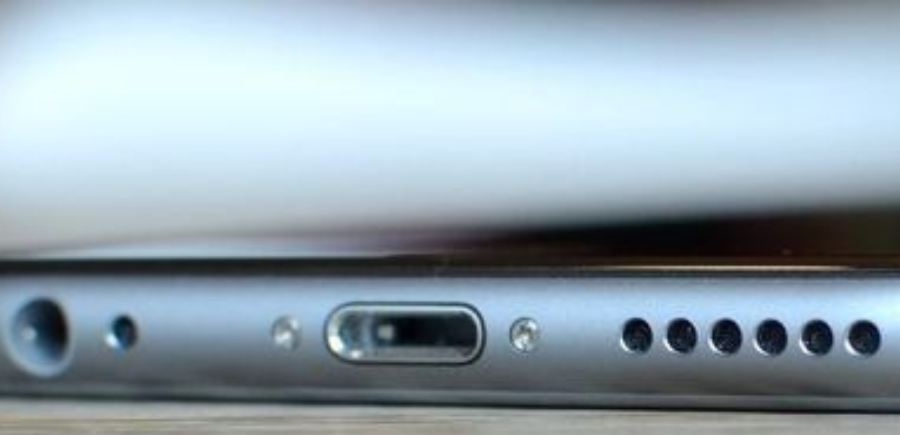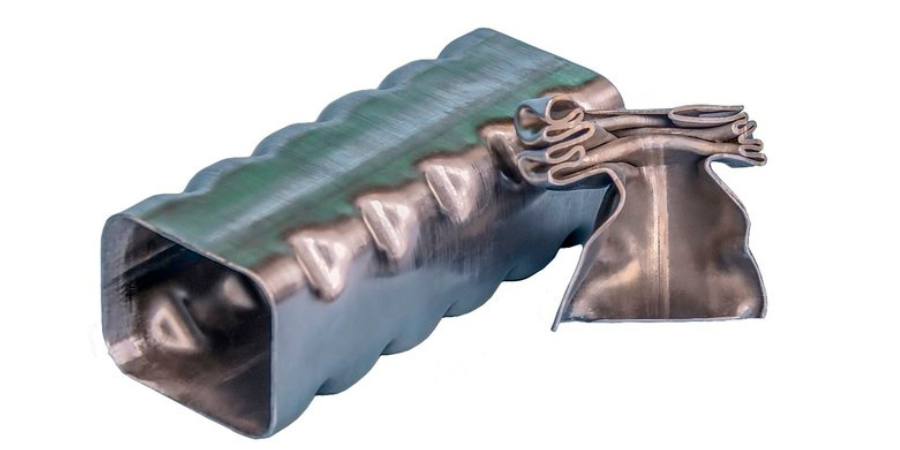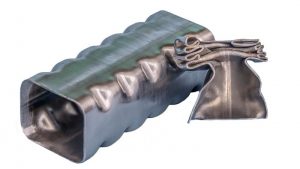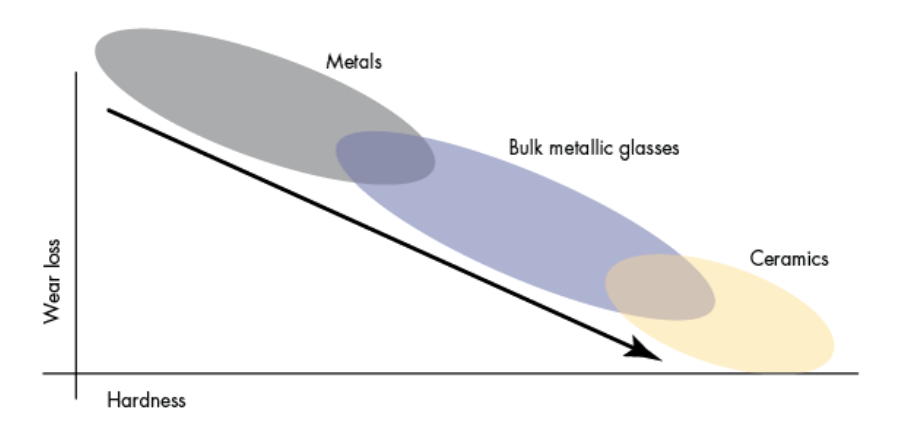DUBAI, United Arab Emirates, Nov. 18, 2013 – Boeing [NYSE: BA] will partner with Tawazun Precision Industries (TPI), a Tawazun Holding subsidiary, to establish a production aerospace surface treatment facility in the United Arab Emirates (UAE). In a joint announcement with Tawazun today at the Dubai Airshow, company representatives said this partnership introduces a new aerospace manufacturing capability in the Middle East region.
“This endeavor reaffirms our commitment to support the UAE aerospace industry,” said Dennis Muilenburg, president and chief executive officer of Boeing Defense, Space & Security. “Investing in the development of key capabilities through partnerships such as this is of mutual benefit to Boeing and the UAE, and advances opportunities for the UAE around the world.”
The project, made possible by the Tawazun Economic Council, is scheduled to be commissioned in 2016 in Tawazun Industrial Park in Abu Dhabi. Expanding on TPI’s existing manufacturing base, Boeing will provide manufacturing and technology expertise as well as program management best practices to support the new facility as it applies for the required aerospace certifications.
“We are pleased to be part of this unique project that will introduce new and innovative initiatives at different levels of precision manufacturing and further foster UAE’s regional leadership in high-end defense and technology manufacturing,” said H.E. Saif Al Hajeri, CEO of Tawazun. “The establishment of this capability is a significant step for the UAE’s aerospace industry, as the metallic components manufacturing and metallic sub-assembly will be entirely performed in the UAE.”
TPI will provide Boeing and its suppliers with a certified, state-of-the-art facility for commercial and defense aerospace design-specified machined and treated metal parts, and gradual progression to complex subassemblies. As required for aerospace manufacturing, the facility will perform the necessary chemical treatments to metallic components that enhance their performance capability.
“The launch of the project between TPI and Boeing signifies the vital role the council plays in adding economic and commercial value to the UAE economy,” said Matar Al Romaithi, chief officer, Tawazun Economic Council-Industrial Development Unit.
“The project will help cement TPI’s lead in precision manufacturing. It will also provide many benefits to TPI customers in terms of high-quality services, minimized costs and supply-chain management,” said Muaatasem Awda, CEO of Tawazun Precision Industries.
Tawazun Precision Industries (TPI) is a manufacturing facility delivering components to the aerospace, oil and gas and defense industries with export operations worldwide. With a modern facility based in Tawazun Industrial Park, TPI’s state-of-the-art production capabilities and turnkey service offers include machining, surface treatment, heat treatment, advanced coating solutions, plastic injection molding, metals testing, repairing, and servicing. TPI acts as both a manufacturer and a service center to a number of UAE based operating companies and agents, as well as internationally renowned organizations across the following specialty areas: Manufacturing Engineering, Tooling, Surface and Heat Treatment, Coating, Repairing and Machining.
A unit of The Boeing Company, Boeing Defense, Space & Security is one of the world’s largest defense, space and security businesses specializing in innovative and capabilities-driven customer solutions, and the world’s largest and most versatile manufacturer of military aircraft. Headquartered in St. Louis, Boeing Defense, Space & Security is a $33 billion business with 58,000 employees worldwide. Follow us on Twitter: @BoeingDefense.
 Source: Phys.org
Source: Phys.org












 [Best of the Web] Source:
[Best of the Web] Source: 
